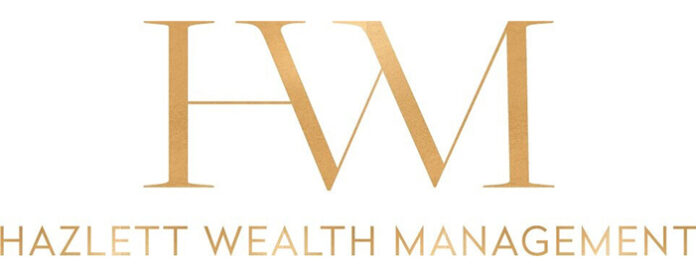By Suzanne Hazlett, MBA, CIMA®, CFP®
What is the FOMC

The Federal Reserve Act of 1913 gave the U.S. Federal Reserve the responsibility for setting monetary policy. When you hear about the Fed meeting, the Federal Open Market Committee, or FOMC, holds eight regularly scheduled meetings per year. The Committee comprises Reserve Bank presidents who participate in discussions and contribute to assessing the economy and policy options.
What the FOMC Does
The Committee adjusts interest rates by setting a target for the Fed funds rate. This is the rate that banks charge each other for overnight loans, known as Fed funds. Banks use these loans to ensure they have enough to meet the Fed’s reserve requirement. Banks must keep this reserve each night at their local Federal Reserve Bank or in cash in their vaults.
The Committee announces its decisions at its eight meetings per year. It explains its actions by commenting on how well the economy performs, especially inflation and unemployment.
Last week, the Federal Reserve announced they were keeping the federal funds rate unchanged during their first FOMC meeting of 2024, despite expectations of a rate cut at the March meeting. That marks six months since the Fed last changed the base rate. The announcement included comments suggesting further rate hikes may be behind us while lower rates must wait.
How the FOMC Affects You
The FOMC affects you through control of the Fed funds rate. Banks use this rate to guide all other interest rates. As a result, the Fed funds rate controls the availability of money to invest in houses, businesses and, ultimately, your salary and investment returns. This directly affects the value of your retirement portfolio, the cost of your next mortgage, the selling price of your home, and the potential for your next raise.
Inflation has continued to trend lower, though it has not yet reached the Committee’s preferred rate of 2 percent. The Personal Consumption Expenditure price index has been below 3 percent for several months. Despite the promising trend, the Committee remains data-dependent and is expected to continue to monitor income data before the March FOMC meeting. Pay close attention to the FOMC meeting announcements so you can anticipate economic changes and take steps to enhance or protect your finances.
Suzanne Hazlett, MBA, CIMA®, CFP®, is a Certified Investment Management Analyst® and CERTIFIED FINANCIAL PLANNERTM professional. Investment advisory services are offered through Raymond James Financial Services Advisors, Inc. Securities are offered through Raymond James Financial Services, Inc., member FINRA/SIPC. HAZLETT WEALTH MANAGEMENT, LLC is independent of Raymond James and is not a registered broker/dealer. 675 Sun Valley Road, Suite J1 + J2, Ketchum, Idaho, 83340 208.726.0605 HazlettWealthManagement.com



